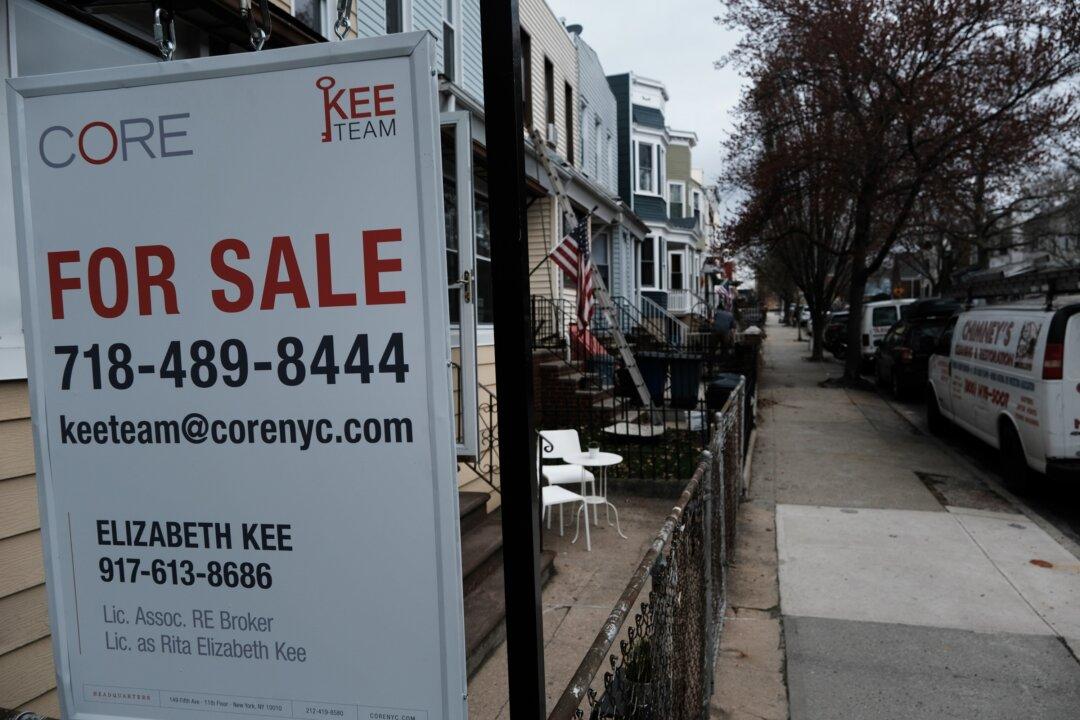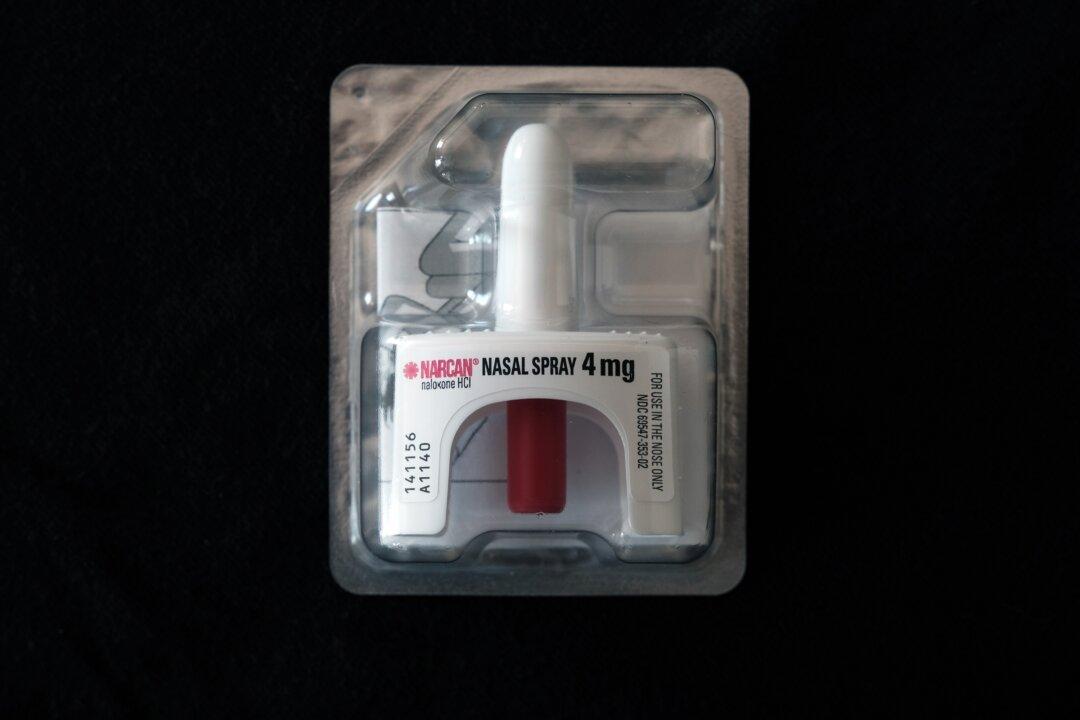With short-term solvency and an ongoing pandemic in play, the head of Maryland’s Department of Labor recommended lawmakers not make any tax policy changes to the state’s unemployment insurance (UI) system for at least another year.
Labor Secretary Tiffany Robinson went before the state Joint Unemployment Insurance Oversight Committee on Jan. 6 and discussed a range of issues about the system, which has been used extensively since the pandemic first emerged nearly two years ago.





